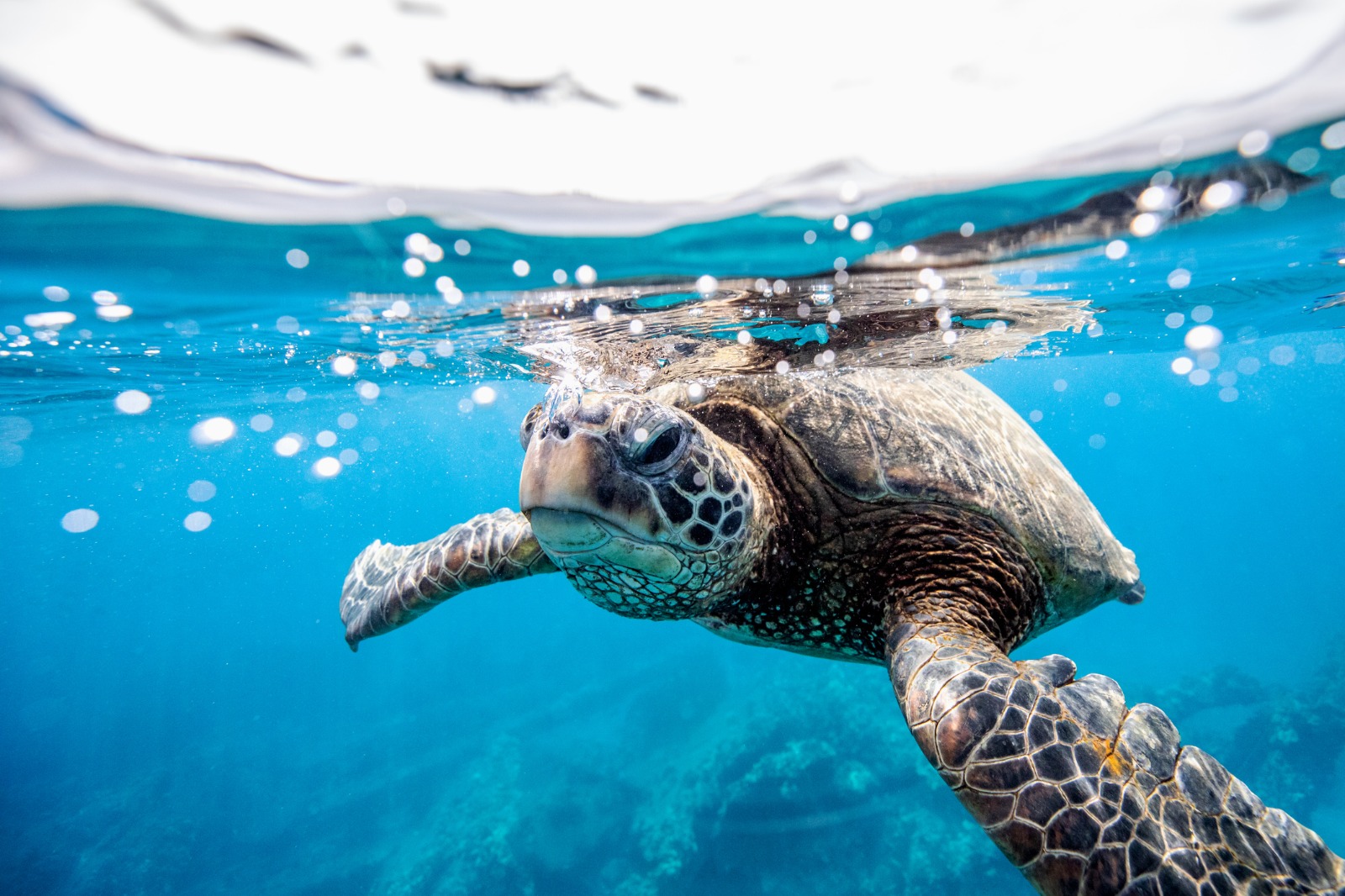A limited natural resource, the oceans are the subject of a group and take center stage at the G20 Social
Debuting at the G20 under the Brazilian presidency, the Oceans 20 (O20) Engagement Group focuses on an often-neglected issue: the vital role of the oceans in driving sustainable economic growth and global development. The novelty marks a turning point, recognizing the ocean as a central and limited resource that requires immediate attention and international cooperation to ensure its protection and sustainable use.

As the current president of the G20, Brasil - a country with more than 7,000 kilometers of coastline - has embraced an issue that is included in the New Delhi leaders' resolution, but remains a gap between the issues addressed by the countries: insufficient attention to the role of the oceans in fostering sustainable global economic growth.
The oceans play a vital role in the supply chain, the provision of renewable energy, opportunities for leisure and recreation, culture, ensuring food security, indigenous livelihoods and tourism. In addition to economic and social activities such as communication, navigation and foreign trade.
Over the last five G20 presidential terms, the ocean agenda has expanded, both in ministerial documents and in the final declarations. For Simone Pennafirme, a member of the Oceans 20 coordination by the UNESCO Chair for Ocean Sustainability, "any progress that is related to ocean sustainability by the G20 countries will have positive implications for the global community as a whole".
Simone argues that, "the oceans play a central role in sustaining planetary health and shaping the future of humanity. The influence of the oceans extends far beyond climate regulation, which is in itself very significant. The oceans carry more than 80% of international trade in goods. Ocean trade routes are the backbone of the world economy and a precondition for globalization as we know it today. The ocean plays a fundamental role and this issue needs to be part of the G20 discussions."
This indispensable resource faces increasing degradation due to a confluence of factors: habitat destruction, overfishing, invasive species, pollution, acidification and climate change, exacerbated by activities within closely integrated terrestrial ecosystems.
The need to integrate the ocean theme into the G20 agenda is particularly urgent in the context of ongoing international initiatives, including the United Nations 2030 Agenda for Sustainable Development (SDGs) and one of the themes that has made the least progress so far, Sustainable Development Goal SDG 14 (life below water), the future creation of an International Panel for Ocean Sustainability (IPOS) and global movements advocating Ocean Literacy, Blue Carbon, Green Hydrogen, Blue Justice and growing efforts against environmental pollution.
By officially creating the Oceans 20 Engagement Group, a pioneering initiative in the annals of the G20, the countries are opening up the prospect of making history by establishing a model of international cooperation that recognizes the fundamental importance of the ocean in shaping our collective future.
Planet Earth is home to a global and delicate ocean, a realm that remains substantially unexplored but of immense significance. This indispensable resource faces increasing degradation due to a confluence of factors: habitat destruction, overfishing, invasive species, pollution, acidification and climate change, exacerbated by activities within closely integrated terrestrial ecosystems. Recognizing the inseparable interconnection between people, nature and the economy, the realization of a sustainable ocean economy (Blue Economy) depends on effective protection, sustainable production and equitable prosperity within the global socio-ecological system.

Commitments declared by the G20
Most of the G20 countries are coastal states. They hold prominent and significant positions in all the main ocean-related businesses, such as maritime transportation, offshore energy, aquaculture, fishing, tourism, port services, shipyards, equipment and finance.
Representing approximately four-fifths of global GDP and greenhouse gas emissions and half of the world's coastlines, any ocean-related progress by the G20 countries would have positive implications for the global community at large. "Harnessing and preserving the ocean economy" is a commitment of the G20 New Delhi Leaders' Declaration.
In response to this need, Oceans 20 (O20) was officially created, an Engagement Group linked to G20 Social and designed to infuse transversality into the G20 agenda. The O20 seeks attention and recognition in promoting international cooperation for a sustainable ocean economy, guaranteeing the preservation and equitable distribution of its benefits. The initiative brings together member nations, global corporations and representatives of civil society.